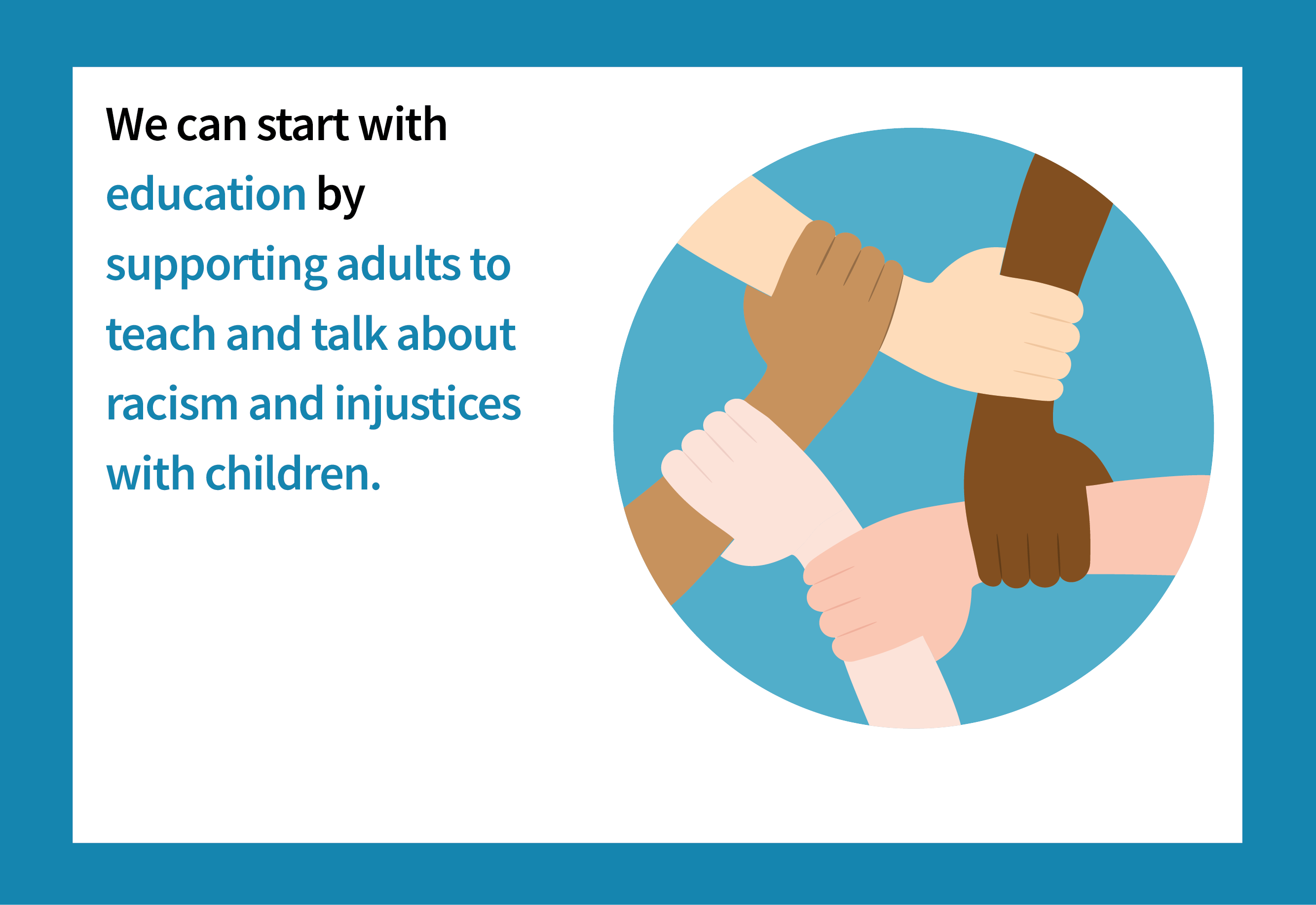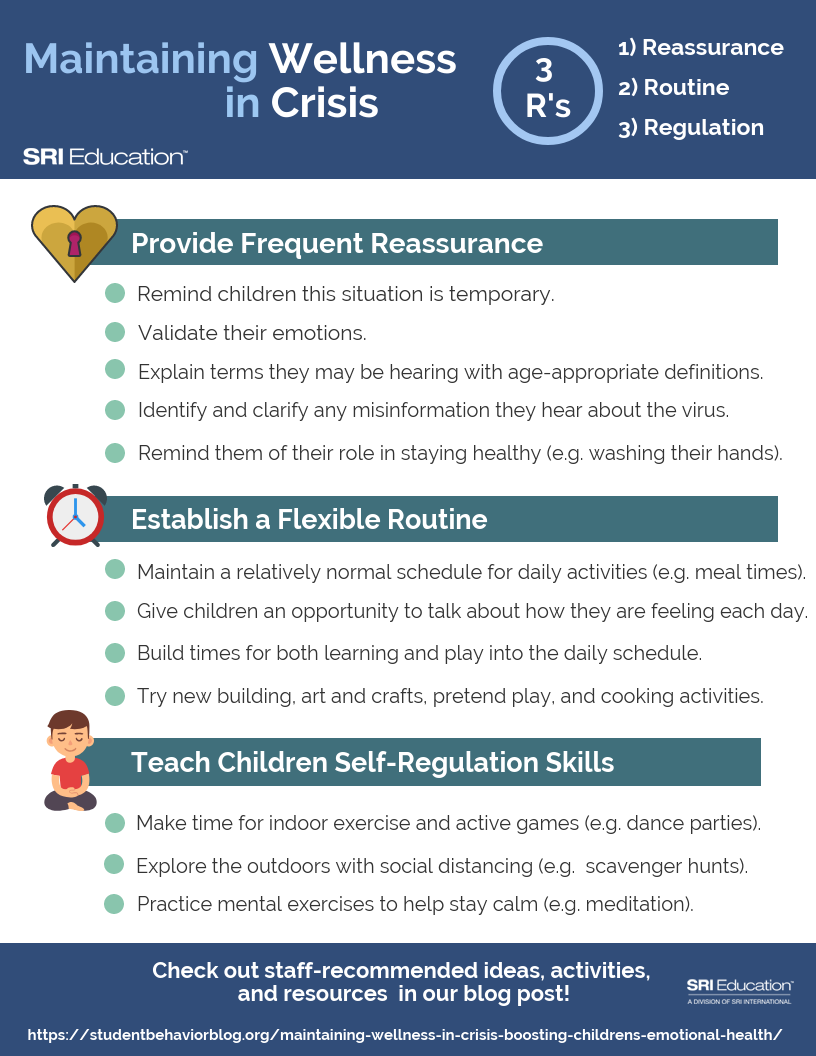Two surveys of California public college students provide insight into the preliminary impact of the California Mental Health Services Authority’s activities on college students’ receipt of information about mental health issues and support services. The research described in this report was funded by the California Mental Health Services Authority (CalMHSA) and conducted by RAND Health. … Continue reading Student access to mental health information on California college campuses
Our Student Behavior Blog team at SRI Education is deeply heartbroken and outraged by the racism, brutality, and hatred that plague Black children, families, and individuals, not only with regard to recent events, but with recognition that these are pervasive issues they face in every moment of their lives. Consistent with our mission statement, we continue to strive to think about how we can conduct research, use data, and develop tools in meaningful ways that will reduce barriers and promote equity for students across our nation who continue to experience these longstanding injustices.
This award-winning 5 minute video from the Association for Positive Behavior Support (APBS) offers a clear explanation of Positive Behavior Supports as well as ways that families can use them at home. Positive Behavior Support at Home from Association for PBS on Vimeo.
This recent blog post by the Mid-Atlantic Regional Educational Laboratory (REL) explores the potential of remote learning to increase the connection between schools and families, which could in turn help teachers employ innovative culturally responsive practices, addressing social and institutional barriers that contribute to disparities in students’ outcomes. https://ies.ed.gov/ncee/edlabs/regions/midatlantic/app/Blog/Post/1031
The Texas Institute for Mental Health in the University of Texas at Austin launched an interactive, online set of resources to celebrate Mental Health Awareness Month. Their Fun and Games features offers activities from different school districts, sortable by type of activity (brain games, up & active, creativity & art, learning & development, mental health … Continue reading Fun & games to improve mental health
This infographic/flyer from the National Alliance on Mental Illness (NAMI) of Central Texas offers warning signs for mental illness, tips for starting a conversation with a friend, and ways to support, all in a simple and engaging format. It’s part of the new interactive, online set of resources created by the Texas Institute for Mental … Continue reading How to help a friend
The Texas Institute for Mental Health in the University of Texas at Austin launched an interactive, online set of resources to celebrate Mental Health Awareness Month. Their Frequently Asked Questions (FAQ) feature addresses a variety of mental health needs, including where to find children’s mental health resources related to the COVID-19 virus. There’s even an … Continue reading Children’s Mental Health FAQs
In response to the COVID-19 pandemic, the Regional Educational Laboratory (REL) Midwest is featuring a blog series on supporting specific student populations as schools shift to remote learning. In this blog post for teachers, they focus on the unique needs of students with disabilities. https://ies.ed.gov/ncee/edlabs/regions/midwest/blogs/students-disabilities-remote-settings.aspx
In response to the COVID-19 pandemic, the Regional Educational Laboratory (REL) Midwest is featuring a blog series on supporting specific student populations as schools shift to remote learning. In this blog post, they focus on the unique needs of English learner students. https://ies.ed.gov/ncee/edlabs/regions/midwest/blogs/english-learner-remote-learning.aspx
Helping kids stay busy, stimulated, and positive while creating an environment that allows them to feel safe and protected can be challenging. A team of child trauma experts at Child Trends have listed several recommendations for supporting the emotional well-being of children during high stress periods. They highlight “3 R’s” for parents to use as … Continue reading Maintaining wellness in crisis






